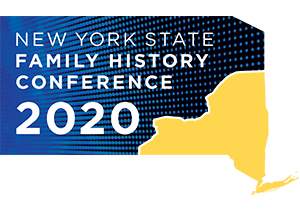New York State family history research can be challenging.
If you have ancestors who lived in New York State, you probably know this well. Many records—even from modern times—can be difficult to find and challenging to interpret.
But with the right know-how, you may be surprised at how much information can be uncovered.
The good news is there are 11 classes dedicated to the records of New York State at the 2020 New York State Family History Conference, which is now online for the first time ever.
Read below to learn about all of the sessions that focus on New York State's records and what you will learn in each.
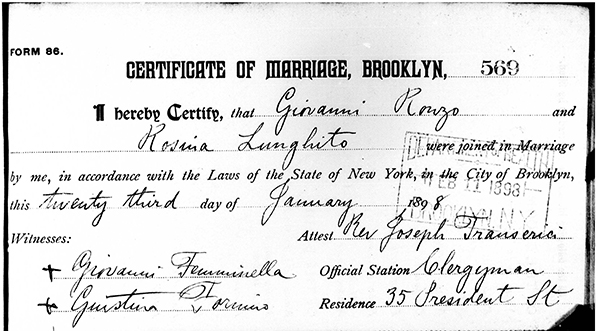 New York City and State Governmental Vital Records
New York City and State Governmental Vital Records
Presented by Jane E. Wilcox | On-demand class, unlimited access until October 15
New York is a notoriously challenging place to find birth, marriage, and death records. Learn where to find these crucial records for ancestors who lived in New York City or elsewhere in New York State.
What you will learn:
- What records were created and when
- How to obtain records
- Examples
Researching New York State Institutional Hospitals
Presented by Rhoda Miller | On-demand class, unlimited access until October 15
Considerable interest has been expressed in researching New York State institutional hospitals. Strategies for learning more about patients, and their experiences, will be presented despite privacy issues in obtaining records.
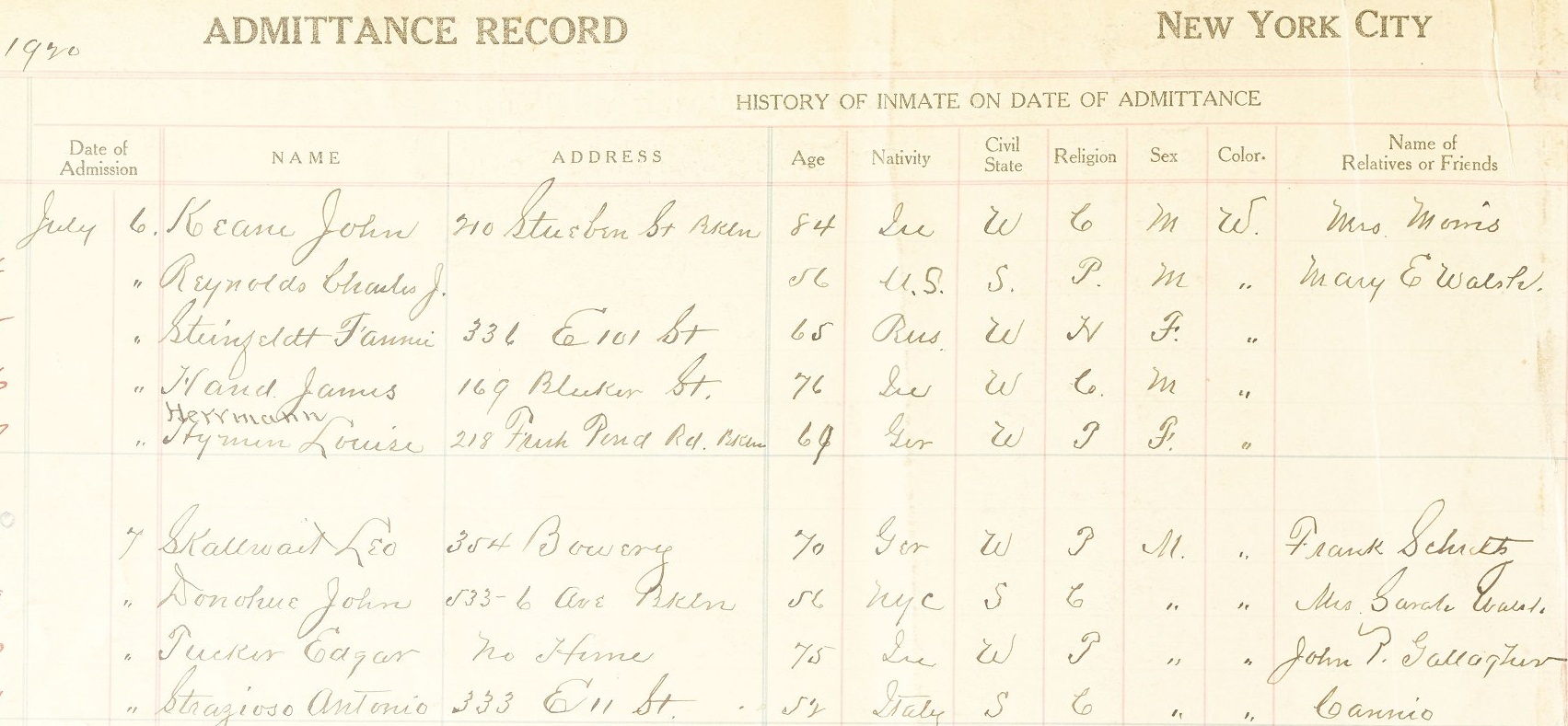
What you will learn:
- Information about the New York State Institutional hospital system
- Strategies for learning more about patients
- Resources for learning more about the hospitals and patients
The Ancestry NY Portal: Accessing Digitized NYS Archives Records for Free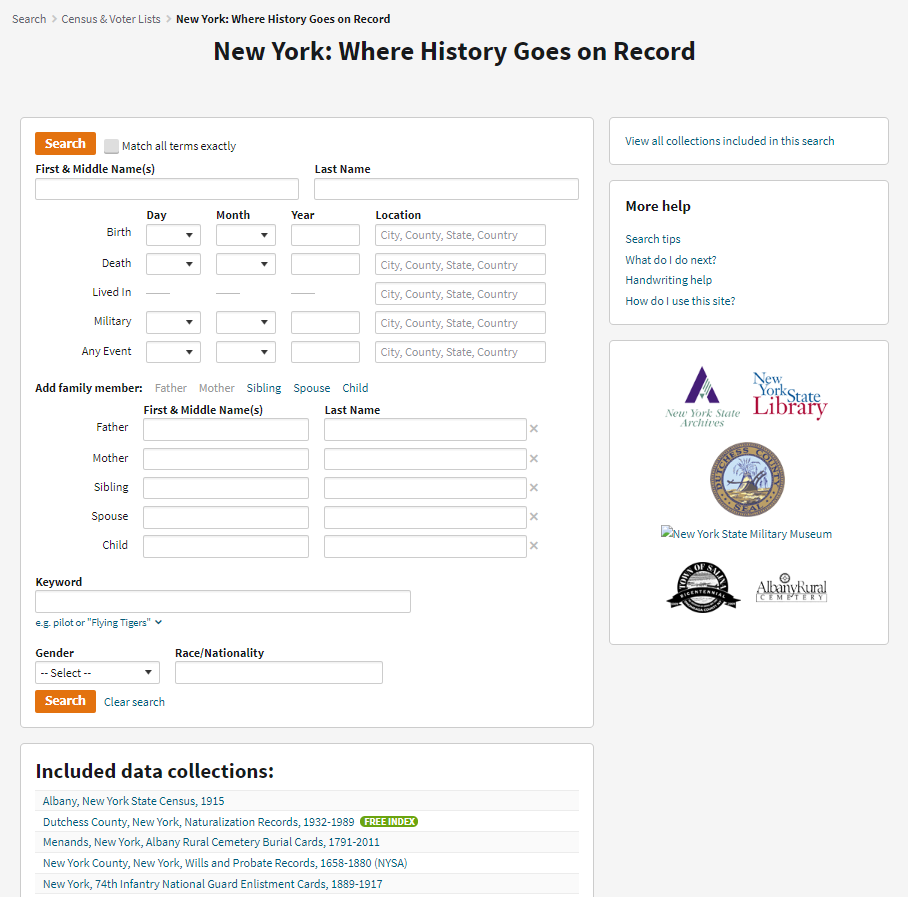
Presented by Jamie Brinkman New York State Archives | On-demand class, unlimited access until October 15
The New York State Archives has formed a partnership with Ancestry.com to digitize family history records and make them freely available via the Ancestry New York Portal. Learn about the collections already available, future uploads, and the information you can expect to find in the records. Includes demonstration of account setup and Portal use.
Leveling the Land in New York
Presented by Kyle Hurst, Senior Genealogist of the Newbury Street Press, sponsored by the New England Historic Genealogical Society | On-demand class, unlimited access until October 15
Explore the many jurisdictional levels at which land records were kept in the colony and state of New York. This session discusses types of land records created at each level, what they can tell us, and where we should look for them.
What you will learn:
- The jurisdictional levels created and why land records are found in so many places
- How to find various land records
- Repositories in which to find land records
Understanding New York State Local Government
Presented by Dave Lowry | On-demand class, unlimited access until October 15
This session will introduce the multilayered, complex, and confusing world of New York State local government, an important source of genealogical records. It will provide tips on records access including the best contacts in each local government and introduce genealogists to some unusual records series.
What you will learn:
- What the many types of local governments in New York State do
- The challenges to gaining access to local government records and the best methods to gain access
- Some useful records genealogists may not have thought about
NYSFHC @ Home: Improve your skills with 14 livestreamed classes and 34 on-demand classes.
Uncharted Waters: Diving into the Holdings of the New York State Archives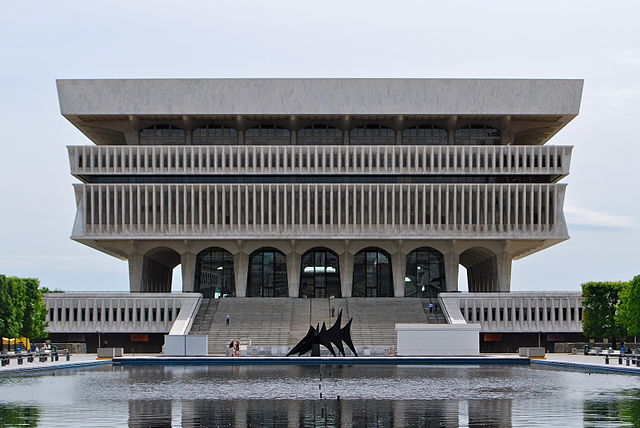
Presented by Jane E. Wilcox | Livestream class, Thursday, September 10 at 2:15 pm ET
The New York State Archives (NYSA) holds a diverse collection of state governmental records. Learn familiar and obscure resources to help advance your New York research. Includes a finding aid demonstration.
What you will learn:
- A brief history of the archives
- Familiar and more obscure types of records
- How to use the NYSA finding aids
The Military Tract: New York Revolutionary War Bounty Land
Presented by Skip Duett | Livestream class, Thursday, September 10 at 3:30 pm ET
The State of New York awarded 1.68 million acres of bounty land to its soldiers of the Revolutionary War in Central New York. The military bounty land opened up Central New York to white settlement and left an enduring system of land designation that survives today. Your New York Revolutionary War soldier may be identified in Military Tract documents.
Western New York Land—Using the Holland Land Company Records
Presented by Skip Duett | On-demand class, unlimited access until October 15
From 1803 through 1835, the Holland Land Company sold to the public a huge tract of land comprising most of Western New York. They created a vast trove of land records that exist outside the usual county repositories. Finding your ancestor in these records can add the critical land ownership piece to your Western New York genealogical puzzle.
Who Is Reclaim the Records?
Presented by Alec Ferretti | On-demand class, unlimited access until October 15
Learn about the non-profit of scrappy genealogists who have banded together to use Freedom of Information Laws to release and publish long-obscured genealogical data!
What you will learn:
- What Reclaim the Records has made accessible
- How to use those records
- What projects are in the pipeline
British Colonial Period in NYS: Resources Available at the NYSL
Presented by Michael Meyer, New York State Library | On-demand class, unlimited access until October 15
The New York State Library has a number of resources relating to the British Colonial period in New York State that can be useful for researching family history. These include colonial laws, family papers, maps, loyalist claims, orderly books, and microfilm collections of original documents from the British Records Office such as “Colonial Office: New York Records, 1664–1781.”
Oddball records in NYS
Presented by Matthew Urtz, Madison County Historian | On-demand class, unlimited access until October 15
Discover oddball records providing family information, addresses, education levels, and more. Some were mandated by laws for brief periods and may exist in other local governments, plus agricultural (stallion pedigrees, farm records), incorporation (religious, not-for-profits), professional licenses (medical, engineering, legal), military (appointments, military board records, remembrance books) records and more.
What you will learn:
- Some of the different records that are housed at local government repositories.
- Ways to get access to these records (when possible)
- Information available in oddball records
NYSFHC @ Home: Learn exactly what you need to know to make more family history discoveries.
